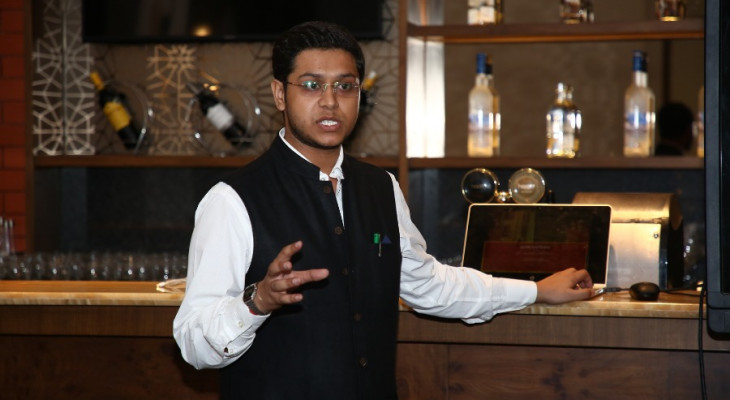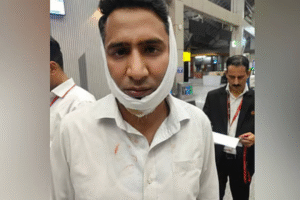India has been an enormous resource for handmade goods, handicrafts, and handlooms. Its large variety of artisanal processes in every state of the country makes India different from the rest. This variety gave a vast domain of innovative products ranging from utilitarian to bespoke art objects. From the marketing point of view, it has always provided exposure to these artistic creations through open-air exhibitions under the banner of every state (melas and fairs) as an easy way. In recent times with negligible internet costs due to Reliance Jio, the impact on regional state-wise branding and its product placement has decreased. Customers are more demanding with added information about the quality aspect because they are buying it from their phones and laptops. Old ways of selling inside a stall with improper lighting and explaining the artisanal processes are dying with “depleting margins.”
After the advent of internet shopping, influencers and bloggers have gate-crashed the digital space debuting fashionably on Instagram. But, on the contrary, a millennial is focussing his youth and efforts to uplift and revive quality in village India’s unique artisanal processes of creative grassroots. Architect Rishabh Sachan (26), spearheading (RishuSdesign Foundation), is a creative genius who has always had a passion for Indian art heritage, with his first love being royal interiors. Along with being an MBA, Rishabh is applying his creative and management knowledge to amalgamate exceptional products made with human touch and emotional retina. To enhance his expertise in market linkages, he has gone through specialization in Strategy from Harvard Business School Online, certified in subjects of Sustainable Business Strategy, Disruptive Strategy, and Strategy Execution.
The creative aesthete has an intense aptitude for research-based design and has created bespoke tapestries and statement pieces with villagers after training them for four months. The work of Vanvasi is going on in three villages with selected teams who agree to work on his quality standards. The purpose is to showcase their hunar and special skills projecting their innate talent and relevance to today’s growth mindset. With a small amount of capital in his startup, the Vanvasi Project India team started visiting Uttar Pradesh villages and meeting the artisans and stakeholders. Architect Rishabh Sachan partnered with his mother, Alka Katiyar, with a degree in psychology, and grandfather S.C Katiyar. They initiated by convincing village women and young girls to skill in different hand-based embroideries that had practically gone extinct from our country’s creative and cultural space. Chikankari was a skill that few women practiced for their daily living.
After clearing and passing a three-stage selection process for over a year, architect Rishabh Sachan got himself sitting at the Mecca of strategy in India, the prestigious Indian Institute of Management, Ahmedabad (IIMA), for the very selective Creative and Cultural Businesses Programme in 2022. The organization is built brick by brick and is all about Indianness. Rishabh has also worked extensively for over three years on the aesthetic of Awadh and Nawabi Lucknow during his architectural college days, making him well-versed with Indian luxury rooted in heritage. Rishabh curated and conceptualized authentic heritage exhibitions at Taj for international tourism and delegates as a capsule showcasing the original antiquity and material wealth of Awadh for the first time in Lucknow’s history.
Rishabh mentions, “When you guide and build something on a meager capital budget, your life choices drift sharply. From the choice to convince to expenses in lifestyle, cost cutting automatically happens. The trade-offs are so many that one doesn’t even think of them to keep the focus in place.” After noticing his enterprising work and strategy execution on the ground level, Architect Rishabh Sachan was immediately notified of his voluntary role as Mentor of Change under Atal Innovation Mission, Niti Aayog, in 2022. His startup activity started during his MBA college days.
Vanvasi Project India is teaching Indian rural hands about the value of injecting quality into a handmade product. They had developed a few teams in three villages in just four and a half months. Co-founder Alka Katiyar guides and trains old and young women in the rarest hand embroideries and shares that women need to be self-reliant and support their families single-handedly. They are very responsible and understand the value of what they are learning. She says that many women speak that no one ever came to them to teach – “what is quality” they did every work just as a bulk assignment to deliver contractors who kept them at a bare subsistence level with minimum pay per piece.
Advertisement




